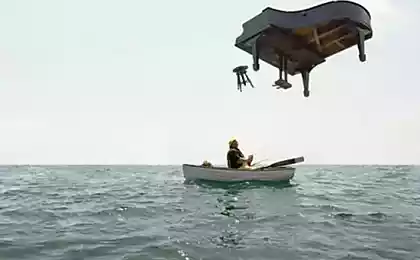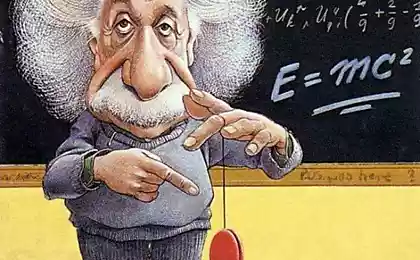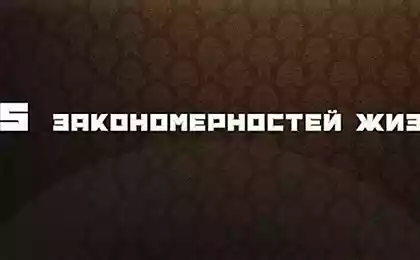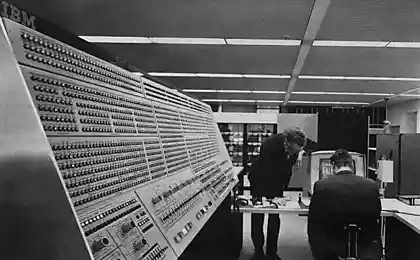589
Russian President signed the anti-piracy law
President Putin cares about us!
Finally he signed the anti-piracy law that protects the rights of producers of film and video on the Internet. The document will come into force on August 1, 2013. Previously, the law, the very bit tighter form, was passed by the State Duma and the Federation Council approved. All the arguments against were ignored.
Under the new law will create a unified state register of works protected by copyright. Arbitrator appointed by the Moscow City Court. Now, the right holder, who has found the Internet a TV or a movie, is entitled to apply for the adoption of measures to restrict access to the site unlawfully distribute such information. Within three days Roskomnadzor must determine the hosting provider and send him a notice to take action to remove these materials.
In one day, the provider shall notify the owner of the website that is necessary during the day to remove the disputed information. If the owner refuses to do a resource or inactive, the hosting provider should restrict access to the resource within three days of receipt of the notification.
If the court recognizes subsequently blocked legitimate content, access to it may be re-opened, "Interfax" reports. That is, you can block the site without trial, and unlock only through the courts.
Proof

Source:
Finally he signed the anti-piracy law that protects the rights of producers of film and video on the Internet. The document will come into force on August 1, 2013. Previously, the law, the very bit tighter form, was passed by the State Duma and the Federation Council approved. All the arguments against were ignored.
Under the new law will create a unified state register of works protected by copyright. Arbitrator appointed by the Moscow City Court. Now, the right holder, who has found the Internet a TV or a movie, is entitled to apply for the adoption of measures to restrict access to the site unlawfully distribute such information. Within three days Roskomnadzor must determine the hosting provider and send him a notice to take action to remove these materials.
In one day, the provider shall notify the owner of the website that is necessary during the day to remove the disputed information. If the owner refuses to do a resource or inactive, the hosting provider should restrict access to the resource within three days of receipt of the notification.
If the court recognizes subsequently blocked legitimate content, access to it may be re-opened, "Interfax" reports. That is, you can block the site without trial, and unlock only through the courts.
Proof

Source:
























